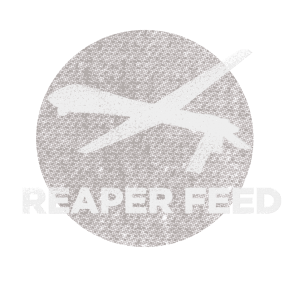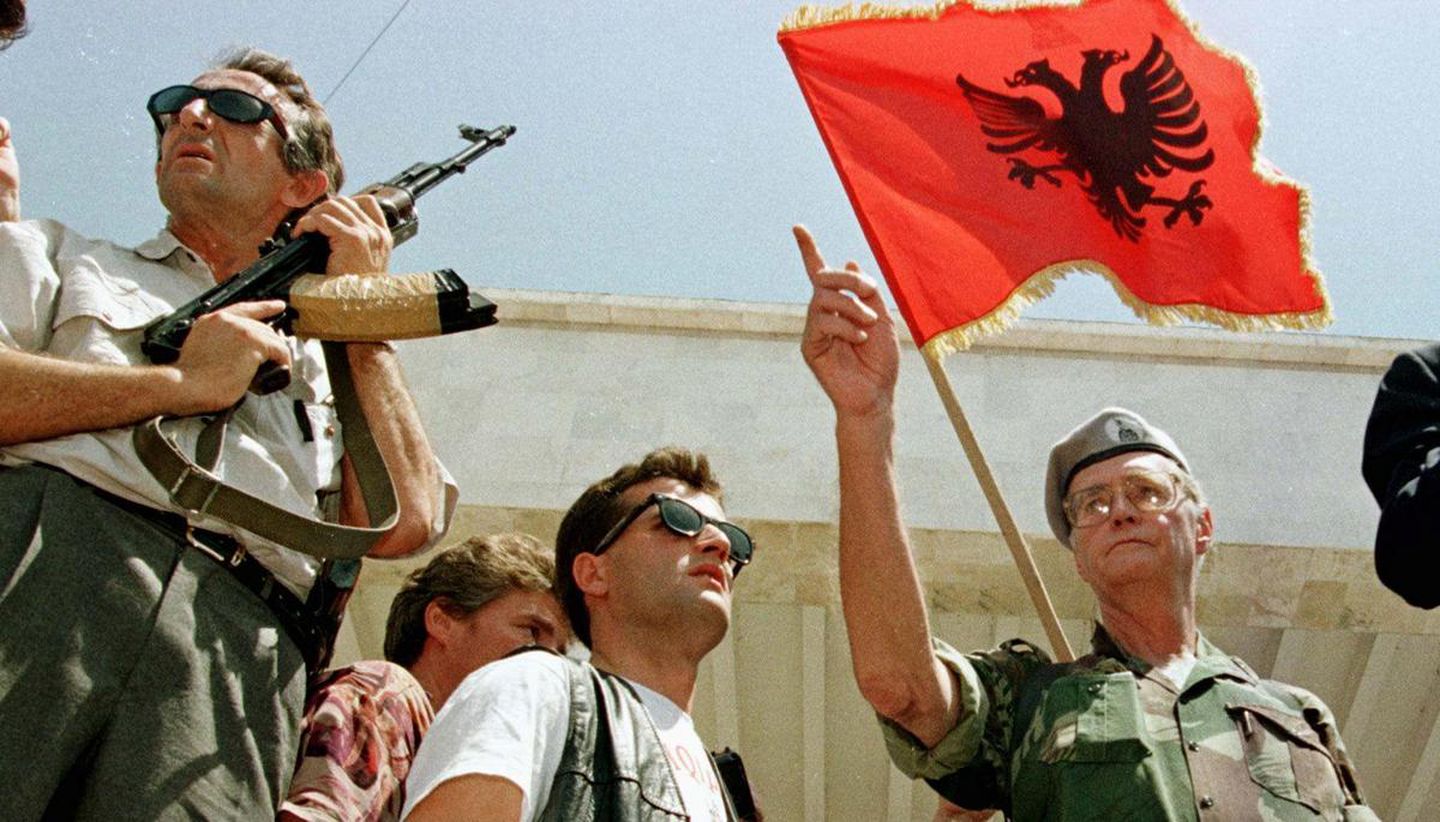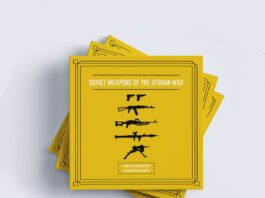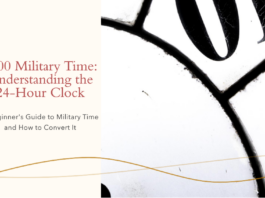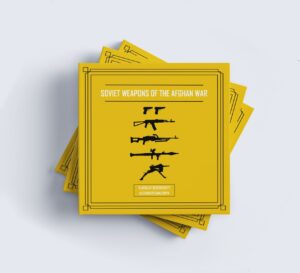This article is also available on our YouTube channel. Subscribe!
At Reaper Feed, we love a good mixture of bizarre participants in conflicts around the world. So when one of our readers requested that we write an article on the armed Albanians who appeared in Rhodesia during the Bush War, we were only too happy to oblige. Under the leadership of Leka Zogu, who is a story in himself, Albanians were a feature of the Rhodesian Bush War making up another wild aspect of African war history.
In the mid 20th century, Albania was home to a Royal Family and the country was under the rule of King Zog. When Fascist Italy invaded Albania in 1939, King Zog I and the Albanian Royal Family fled the country. In 1944 as Fascist forces were driven out of Albania, the country fell to a Communist rule that would last until 1992. Under the rule of infamous dictator Enver Hoxha, Albania became an isolated pariah state cut off from most of the world. The Albanian people were ruled through a reign of terror and paranoia defined by secret police, gulags, misery, and poverty.
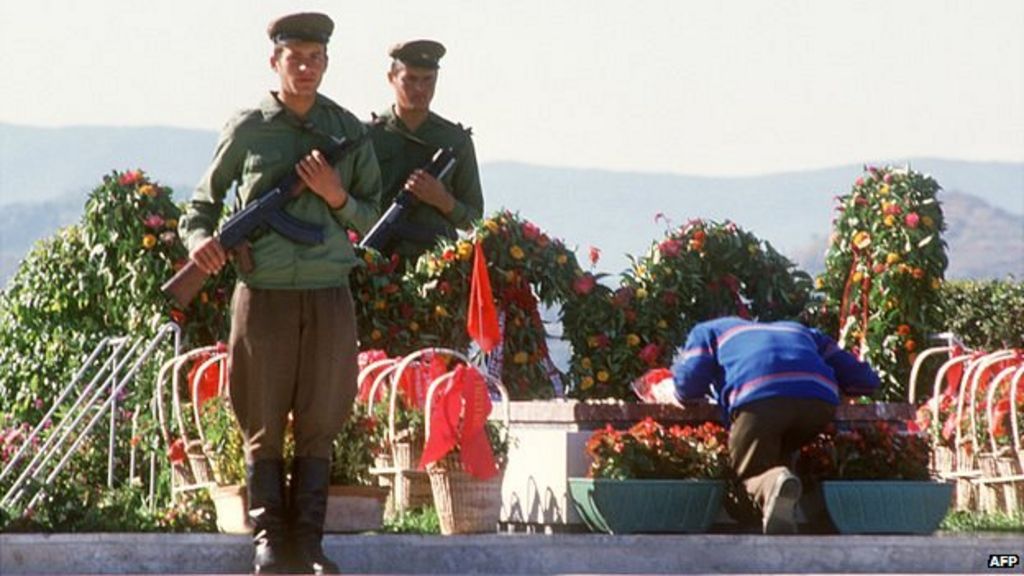
A few days before the Royal Family fled Albania, Leka Zogu was born into the family and would later become the Crown Prince of Albania. The Royal Family spend their exile years moving around various countries such as France, Egypt, and England. Leka Zogu received a world-class education in all of these countries and in England, he attended the prestigious Royal Military Academy at Sandhurst, where he graduated as a Second Lieutenant in the British Army.
Naturally, Leka Zogu was a fierce anti-Communist. He was determined to restore the Albanian Royal Family and he wasn’t alone. Leka Zogu enjoyed support from the Albanian diaspora who were still loyal to the Royal Family. When he married in 1975, the guest list of his wedding featured figures from other exiled royal families, loyal Albanians, and close friends, who all toasted “Long live the King!”.

Leka Zogu and his wife moved to Madrid where they became good friends with King Juan Carlos. However, it was soon found that Zogu was using foreign mercenaries as bodyguards and had a stockpile of weapons in his house. He was subsequently told to leave Spain and went to the former breadbasket of Africa, Rhodesia. This is where the story really begins!
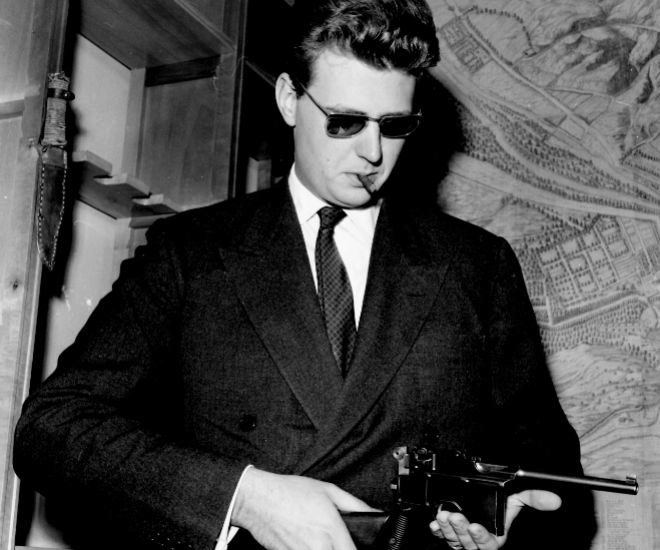
For the maniac communist regime in Albania, the exiled Royal Family were still a threat. On their way to Rhodesia, Zogu’s plane landed in Gabon where armed fighters hired by the Communist Albanian regime surrounded his plane. Zogu was visibly unhappy at this inconvenience. Bad tempered like a hooked knitting craft, he came to the door of the plane wearing his iconic birth control glasses and brandishing a loaded rocket-propelled grenade launcher. The troops backed down and Leka Zogu, his wife, and his entourage of hundreds of anti-Communist Albanians made up of former Royal Guard members, landed safely in Rhodesia.
When the Rhodesian Bush War broke out, Leka Zogu was not going to miss his chance to kill Communists. He pulled out all the stops and provided a small detachment of highly trained, Communist-hating former Royal Guard members to assist the Rhodesian Security Forces in their fight against Communist guerilla groups like ZAPU. This image shows the men in the iconic Rhodesian Brushstroke camouflage with the Royal flag of Albania on the sleeve. If you look closely, you’ll see they also have the iconic ‘Baby Poop’ camouflage on their assault rifles.
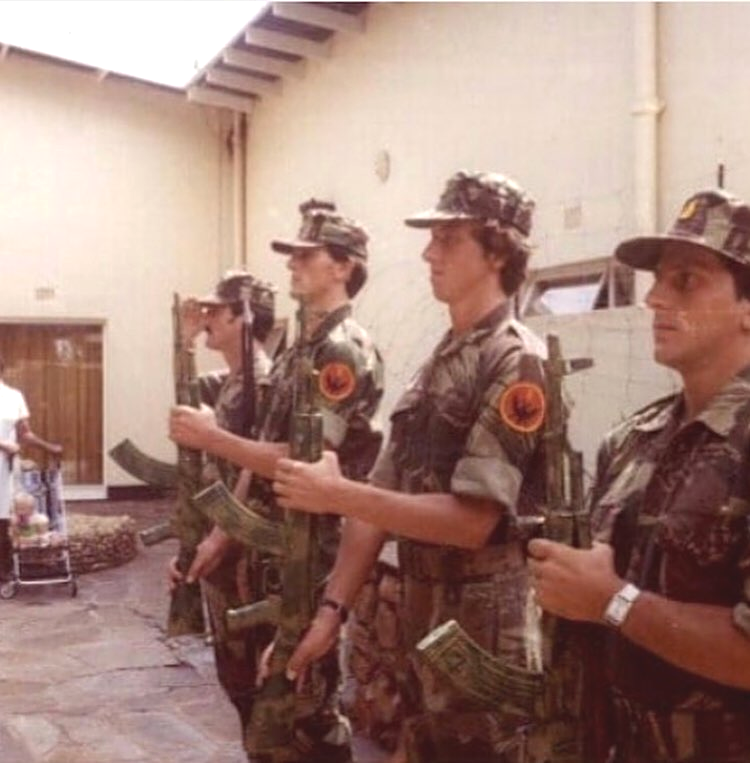
It’s believed that Leka Zogu asked Ian Smith, the Rhodesian Prime Minister, for help in taking back power in Communist Albania. Smith made the smart decision of declining as the last thing he needed was being accused of financing a likely disastrous military coup in the highly controlled and heavily militarized country of Albania.
Following the end of the Rhodesian Bush War and Robert Mugabe coming to power, Leka Zogu was once again in exile and moved to a large farm near Johannesburg in neighboring South Africa where the government there issued him and his family diplomatic status leading them to remain there for many years.

In 1993, the Communist regime of Albania collapsed and for the first time in 54 years, Leka Zogu returned to his homeland using a passport that had been issued by the Albanian Royal Court-in-exile and listed Leka Zogu’s profession as ‘King’. His business interests abroad and the chaos and military corruption of post-Communist Albania meant Leka left the country shortly after.
Four years later in 1997, Albania erupted into a civil war that became known as the Pyramid Scheme Crisis which was due to the failures of the post-communist government dabbling in pyramid schemes with the country’s already dwindling finances. A total of $1 billion of Albanian citizen’s money had been lost, which averaged out at around $400 per person of the population of Albania in what was one of the poorest countries on earth at the time.
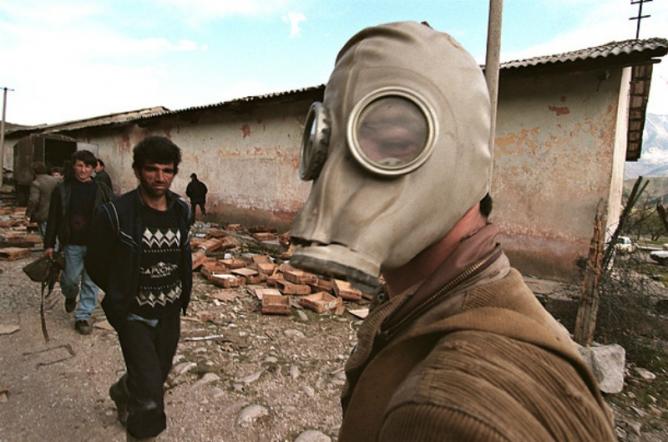
Government troops aided by the UN went sole to sole with Albanian mafia, military defectors and armed civilians. The Albanian Civil War ended up killing up to 3,800 people and due to military corruption, stockpiles of stolen weapons later flooded into neighboring Kosovo which assisted in initiating the Kosovo War shortly after.
With his country in crisis, Leka Zogu traveled to Albania again in 1997 and was welcomed by thousands of armed monarchist supporting Albanians desperate for stability in Albania. Amazingly, Leka Zogu returned to the country wearing his iconic Rhodesian brushtroke camouflage as can be seen in this picture of him walking through the famous Skenderbeg Square in the Albanian Capital city of Tirana under the Albanian flag.
Imagine living in a drab communist regime for decades and the only form of camo you’ve seen are olive green Chinese imports originally made for the People’s Liberation Army. Suddenly, your country’s exiled king returns wearing what Is arguably one of the most strikingly iconic camouflage patterns ever made.

That year, Albania held a referendum to restore the monarchy but due to the positions of power still held by former Communists, the restoration was rejected. With obvious vote fixing having taken place, Leka challenged the government leading to a gun battle breaking out between monarchists and the police. Leka once again was forced to flee Albania and return to South Africa in exile.
“By 2003, the Albanian Parliament passed the law that recognized the attributes of the Royal Family and it was a right decision. Also I remind you that even the referendum was held in the context of flames of the communist rebellion and therefore cannot be considered a closed matter. The Stalinist principle of: ‘you vote, but I count the votes’ was applied in that referendum. But, the fact of the matter is the Albanians voted massively for their King, but the referendum failed to meet quotas as it was manipulated.”
Sali Berisha, former Albanian president, 2011.
After leaving the country, the Albanian government tried Leka Zogu in absentia and he was sentenced to three years in jail for sedition. However, this was later quashed in 2002 when 72 members of the Albanian parliament requested that the royal family return to the country.
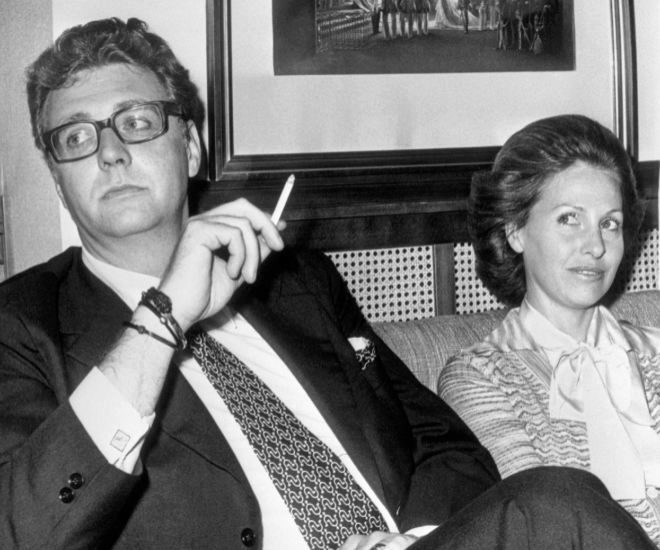
Upon his final return to Albania that year, he settled in the capital city of Tirana and retired from politics and public life two years later. In 2011, He died of natural causes and was buried next to his wife and mother on the outskirts of Tirana suburb. But he was later reinterred in a royal mausoleum. Alongside Enver Hoxha, the story of Leka Zogu is arguably one of the most fascinating stories in the modern history of Albania. Never underestimate a man in birth control glasses!
If you enjoyed this article, be sure to check out similar articles like Armored Fighting Vehicles of the Rhodesian Bush War and the Women of the Rhodesian Bush War.
